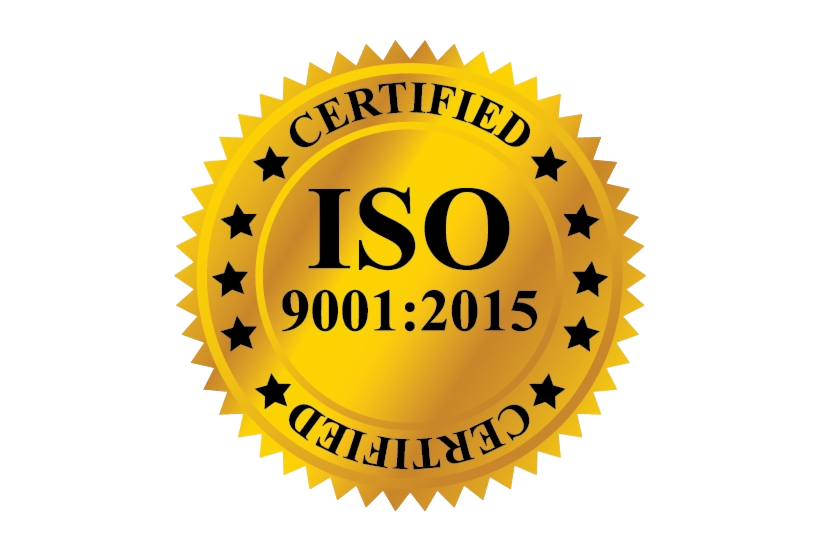The ISO 9001 is a logical, process-driven approach to managing your organization to implement a quality management system that has been received. It is meant to assist the company in ensuring that you address the concerns of your customers while delivering a predictable level of consideration and fulfillment.
The standard, now known as ISO 9001:2015, was updated in 2015 following the release of the previous version in 2008. The firms seeking to be certified in accordance with ISO 9001 must adhere to and execute this worldwide standard in order to be provided and renewed.
Learn more about ISO 9001:2015
The most recent revision of the specification is ISO 9001:2015. The 2015 ISO 9001 standard is occasionally referred to as ISO 9001 Certification. It was upgraded in 2015, and the previous revision ISO 9001:2008 was replaced. Numerous new procedures have been added to the previously revised version of the standard. The main requirements of the standard are different between the 2015 and 2008 upgrades, which were substantial auxiliary
revision as from ISO 9001:2008 Standard.

How is the ISO 9001 Certification put into practice?
You should start by defining your quality strategy and standard destinations, which together represent the overall expansion and operation of the Quality Management System, before moving on to the management support and identifying the client requirements for the QMS. In addition, you should implement the mandatory and optional procedures and techniques required for your organisation to properly produce and deliver your good or service. Six mandatory archives must be included, and more ones will be added when the organisation recognises their value.

Advantages of ISO 9001
● Expanded market share and benefit possibilities.
● Better time management, but increased board assets.
● Several concerns are resolved once and for all, saving you time and money from having to repeat them.
Is an ISO 9001 certification required by law?
Despite the fact that many customer contracts demand ISO 9001 Certification, it is not a legal need to implement the ISO 9001 standard. In actuality, there are many distinct standards for carrying out a quality management system. Many of these other principles (such AS9100 and IATF 16949 Certification) are dependent on the ISO 9001 standard, while others have equivalent but different requirements